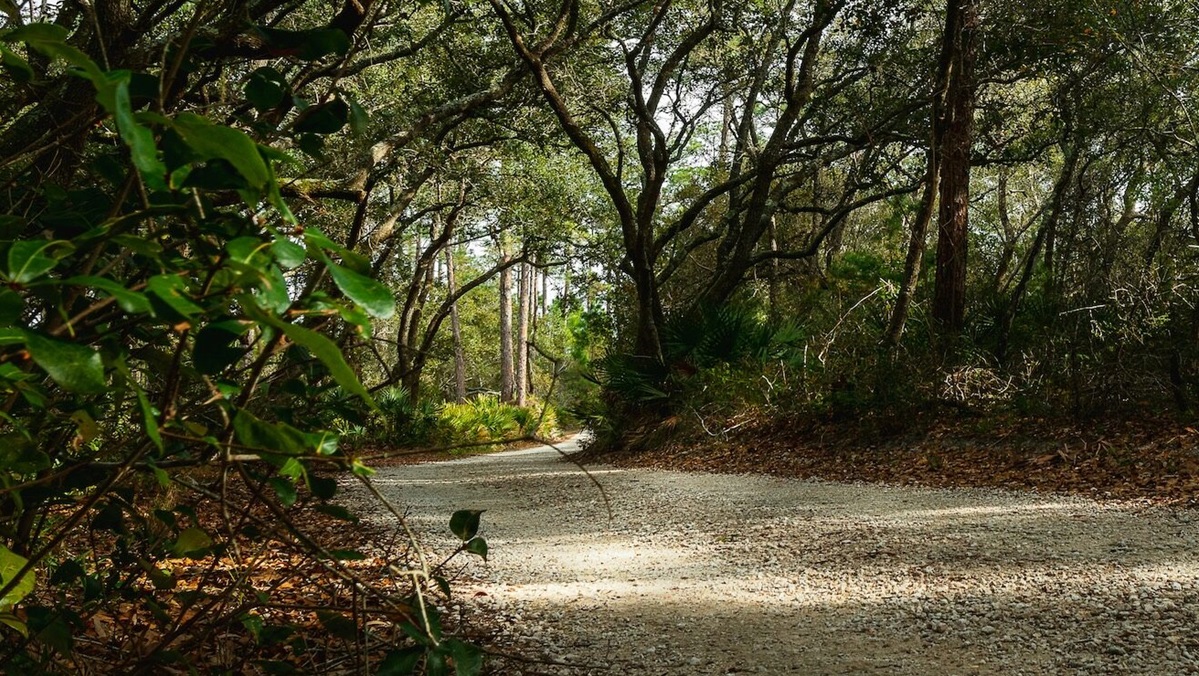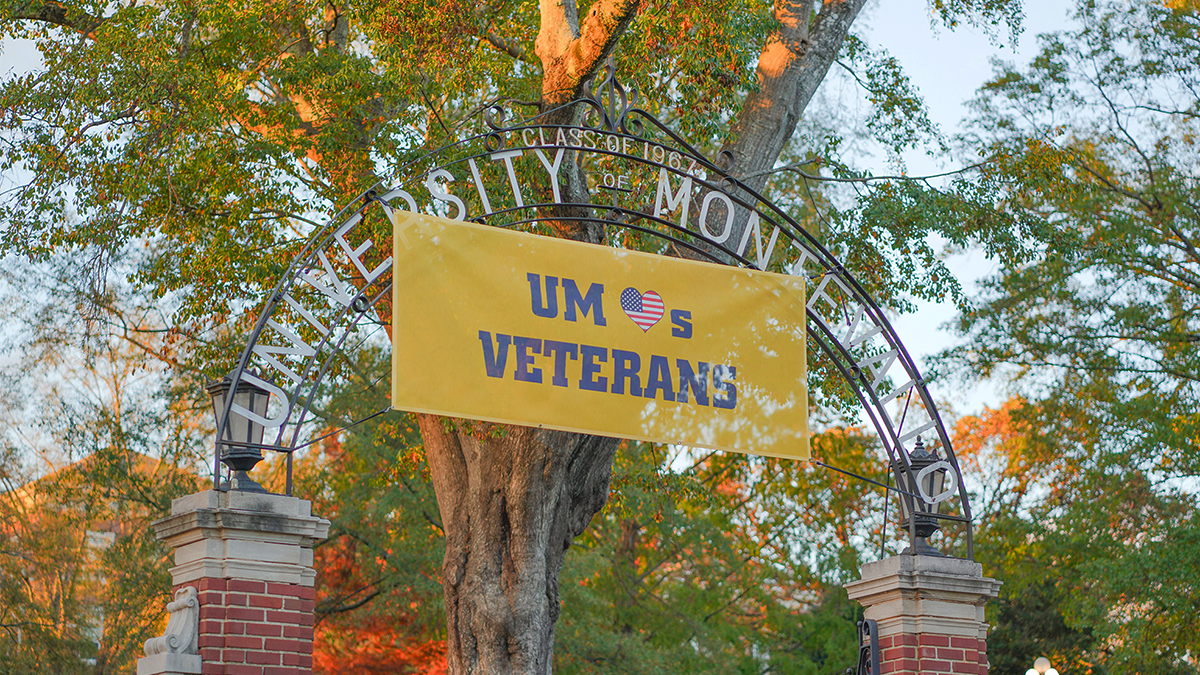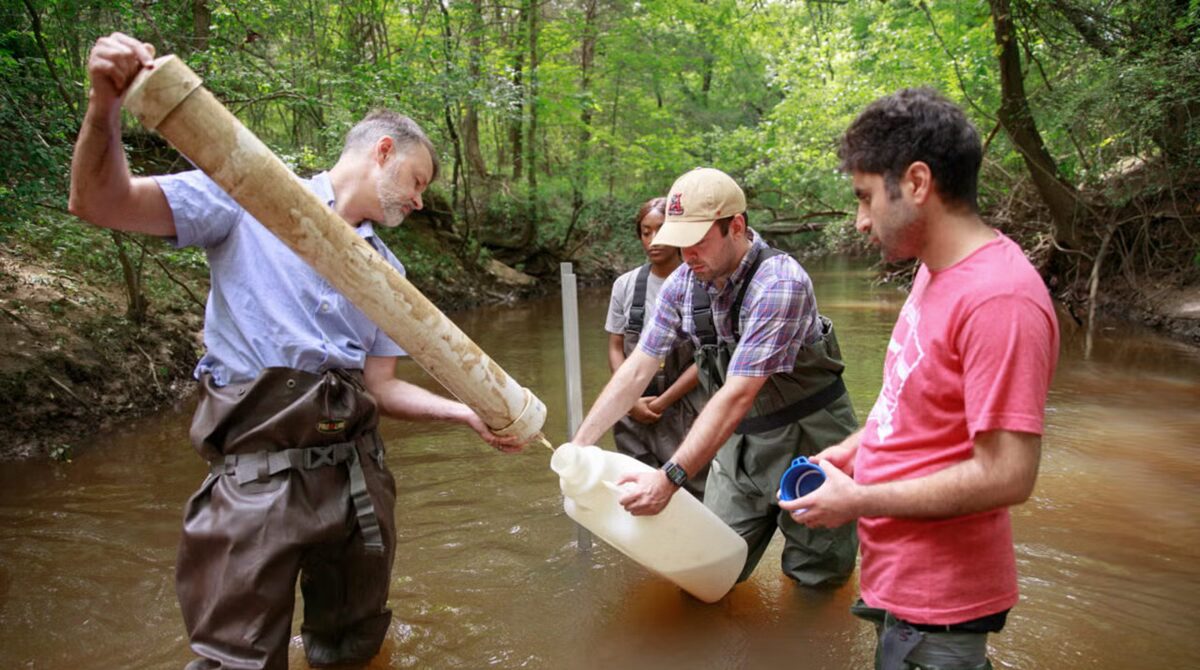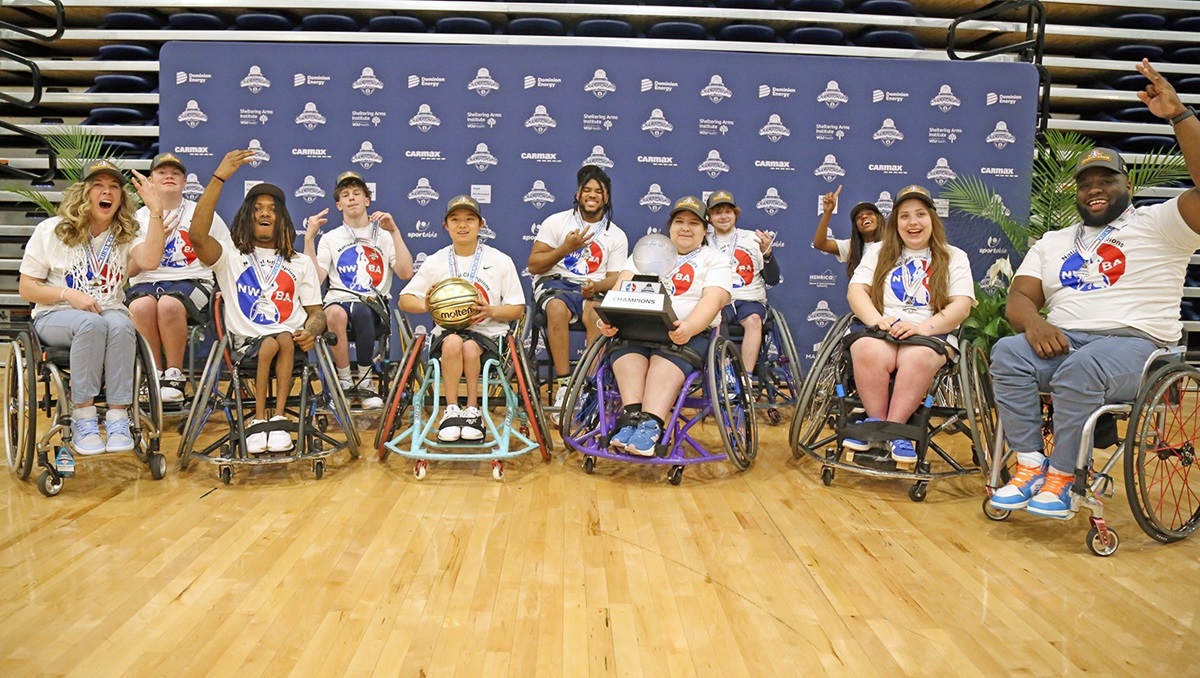What moving the Magic City Classic to spring means for the rivalry

The Magic City Classic is the biggest event of the year for HBCU sports. (contributed)
The annual Magic City Classic football game between Alabama State University and Alabama A&M University has been postponed until spring following concerns related to the COVID-19 global pandemic.
The Southwestern Athletic Conference (SWAC) recently announced the postponement of all scheduled fall contests, along with SWAC championships and the classic, which normally is held every October at Legion Field in Birmingham and ranks as one of the top Historically Black Colleges and Universities (HBCU) rivalries.
The 2020 Classic had been set for Oct. 31. This year is the first time the classic will not be played since 1943 and 1944, during the height of World War II.
The conference has started formalizing plans to conduct a competitive schedule for fall sports during the 2021 spring semester.
In football, the plan includes a seven-game conference schedule with an eight-week training period beginning in January. Each school will play six conference games — four divisional and two non-divisional — with the option to play one non-conference game.
The fall sports affected are men’s and women’s cross country, football, women’s soccer and women’s volleyball.
Additional details regarding scheduling for women’s soccer, women’s volleyball, men’s and women’s cross country and the Cricket Wireless SWAC Football Championship game will be released later.
Fall sports teams and student-athletes will have the opportunity to attend classes and practices in preparation for a spring 2021 competitive schedule upon return to campus.
Student-athletes will have the opportunity to participate in conditioning, strength training and practices in all sports provided all required local, state and federal health and safety guidelines are met.
According to a statement from the SWAC office, “The SWAC Council of Presidents and Chancellors felt this action was necessary out of growing concern for the health, safety and well-being, both mentally and physically, of our student-athletes, coaches, administrators, team staff, campus faculty, fans and supporters.
“The continued increase of COVID-19 cases across many portions of the league’s geographic footprint and Southern regions of the country played a significant role in the council’s decision, along with data that suggests African-American communities have been disproportionately affected by the COVID-19 pandemic.”
This story originally appeared in The Birmingham Times.















